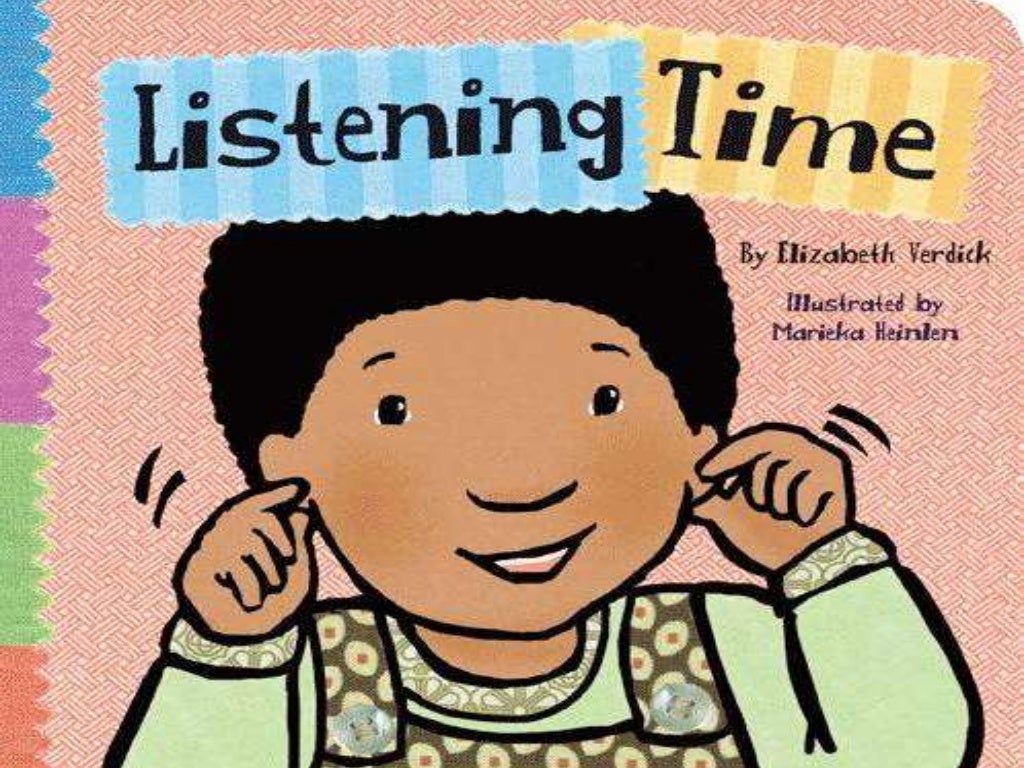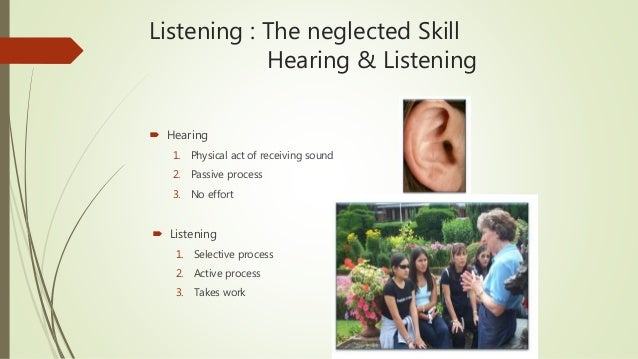
The ability to hear sounds through our ears and translate them into meaningful messages is known as listening. Recommended: Countries with the highest rate of cybercrime Definition of Listening The cochlea, a spiral-shaped organ in the inner ear, turns sound into electrical impulses that the brain can understand. Several small bones that transport sound to the inner ear make up the middle ear.ģ. The ear canal, which connects to your eardrum, is also a part of the outer ear.Ģ. The pinna, or the portion of the ear that is visible when you look in a mirror, is what makes up the outer ear. They can absorb sound waves and convert them into electrical impulses that the brain can comprehend. How does the ear process sound? Amazing human body parts include the ears. The Distinction Between Hearing and Listening The best person to turn to for assistance if you experience any of the aforementioned problems is a therapist or other mental health specialist. Some of these unfavorable side effects can be mitigated by using sign language and being aware of body language. You can “hear,” nevertheless, in unconventional ways as well. If you have hearing loss, you are also more prone to have anxiety, sadness, low self-esteem, and anger-related problems. Indeed, persons who lose their hearing suffer a lot of unfavorable effects.įor instance, a hearing impairment can make it challenging to connect with others. When attempting to comprehend our surroundings, hearing is essential. Your relationships, profession, and mental health can all benefit from both listening and hearing. Let’s all practice listening to each other.Even though hearing might not appear as crucial as listening, it does have some advantages. While the hearing is involuntary and performed effortlessly, listening is done intentionally. However, listening is an acquired skill, which one must work on. So, it is quite clear that listening is one step ahead of hearing. Listening to Someone In Their Own Wisdom: This is where our listening actually creates a steady, gentle pull that invites deeper insight for the one who is speaking Listening on the Edge of the Cocoon: This is our judgmental, analytical mind, asking if what we are hearing lines up with our viewsĮmpathetic Listening: Allowing the other person to be who they are Listening from Within the Cocoon, or from our habitual mind I now have learned to be an Authentic Leader, one masters the 4 levels of listening: This month our program was on being an Authentic Leader. This year our Board of Directors and our Leadership Team have participated in monthly trainings on a variety of topics. Some advice given is to lean in, nod your head, keep eye contact, and do not interrupt the speaker.
#Listening vs hearing how to
Listening is a very important skill to be successful in the mainstream and in life.Īs teachers, parents, and leaders, we have all been introduced to the concept of ‘active listening.’ We are to ‘stay in the moment,’ being mindful of what the other person is saying - really ‘listening.’ There are numerous articles to explain how to actively listen. We work on both hearing and listening.īy the time the children join our Primary I group in the school (3-5 year-olds) we have a set curriculum that helps the students progress to more complex listening: from being able to imitate sentences with a picture for context through conversing about a familiar topic. This in turn helps the child develop good listening skills. We tell parents that this can be done by singing and reading to their babies. Beginning in our Early Intervention program we coach parents how to help their baby detect sound through their device. All students have devices - either a cochlear implant or hearing aids or a combination of both. At Child’s Voice, we teach and practice both. While hearing and listening may seem like they serve the same purpose, the difference between the two is fairly significant.


If you’re familiar with that expression, there’s a good chance you know a thing or two about the difference between hearing and listening. Have you ever heard someone say: “You might be hearing me, but you’re not listening to me”? Merriam-Webster defines hearing as the “process, function, or power of perceiving sound specifically: the special sense by which noises and tones are received as stimuli.” Listening, on the other hand, means “to pay attention to sound to hear something with thoughtful attention.


 0 kommentar(er)
0 kommentar(er)
